Overview
A finely tuned billing system accelerates monetization and is a competitive advantage in today’s rapidly changing market. When done incorrectly, billing serves only as a challenge to businesses, bringing customer disputes, internal inefficiencies, inaccurate reporting, misguiding forecasts, and revenue leakage. Our research finds that progressive organizations evade these challenges by adopting agile billing systems that bring this business function to the forefront as a strategic enabler – not a back-office pain in the neck.
Featured Research

Agile Billing Top 50 Buyer’s Guide (2025)

How Will Gen AI Impact Quote-to-Cash?
Generative AI isn’t another automation trend, it’s the catalyst for a once-in-a-generation transformation in how businesses package, price, sell, bill, and recognize revenue.
Key Issues
Our MGI 360 Ratings database allows us to provide business and finance executives an unmatched combination of billing insights, market data, vendor analysis, and confidential advisory services. Below are examples of key issues we address for our clients.
- What is Agile Billing, and what are Agile Billing best practices?
- What are the critical and emerging requirements for a modern billing solution?
- What new business models are enabled by modern billing solutions?
- What new cost savings and top-line revenue growth are possible with modern billing solutions?
- How do billing solutions compare in terms of cost, implementation times, and benefits delivered?
- Which billing vendors are likely to IPO and/or be M&A candidates?
- What is the realistic size and total addressable market (TAM) for Agile Billing and its components?
- How is the requirements landscape evolving—what will be the essential user needs in the future?
- What are the vertical industry requirements for Agile Billing?
- What new channel and marketing alliances are likely to emerge for Agile Billing?
- Which companies are likely new market entrants or disruptors?
- What are the key metric and valuation trends for successful Agile Billing suppliers?
Capabilities
MGI Research coverage enables IT executives, users, and investors to make more informed, timely, and critical go/no-go decisions on issues that directly affect valuations, market entry and exit, major investments, acquisitions, and divestitures. MGI’s core quantitative research helps technology vendors and investors to more accurately assess and benchmark company operating performance and strategy and identify paths for improvement in growth, gains in market share, and valuation multiples.
MGI’s research process is based not only on the experience and opinions of key analysts but also on in-depth and continuous information gathering, validation, peer review, and analysis as well as an extensive database of operating metrics. Being an independent research firm empowers MGI to voice unbiased opinions and make nonlinear predictions.
View all research-based practicesAgile Billing Vendors Under Coverage (Partial List)
The demand for modern billing systems equipped to provide business agility, ease of use, and rapid implementation is accelerating. From the most basic subscription billing systems to sophisticated enterprise monetization engines, there is more choice than ever before. While vendor claims sound similar, deep research indicates there is a wide variance among the solutions. MGI maintains ratings and coverage on over 50 billing vendors around the world.









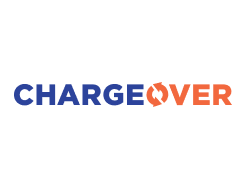

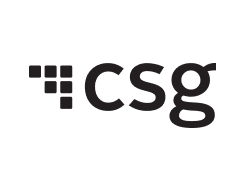

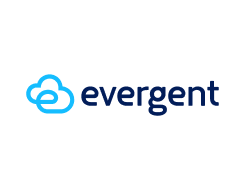
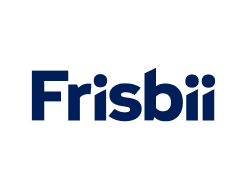

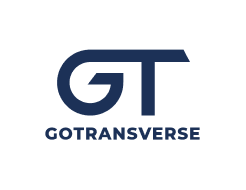


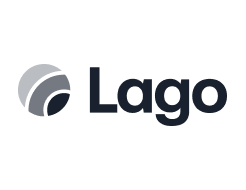
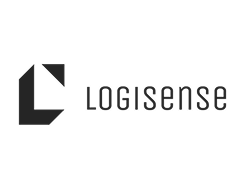


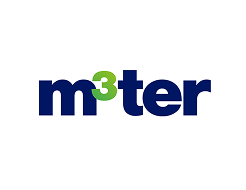

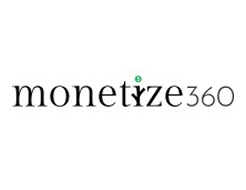


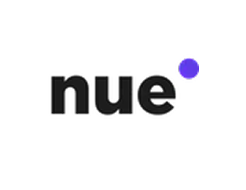

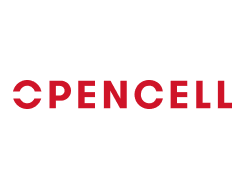








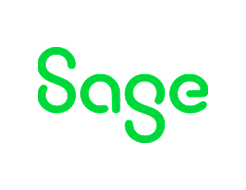





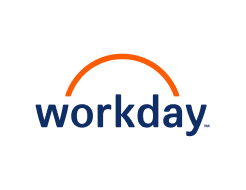




MGI Events

Agile Billing 360 Ratings™ Reveal
This webinar reveals key takeaways from MGI Research’s new Agile Billing Top 50 Buyer’s Guide, including analysis of the top-rated suppliers in the billing market and why they stand out from the rest of the market.

Usage Billing! Adopting & Optimizing Consumption Models
In this webinar, we unravel the complexities of usage billing in today’s agile monetization landscape.
Agile Billing Catalyst Subscription
By accessing the power of MGI Research resources, clients get a comprehensive view of the market that includes enterprise best practices, quantitative research and analysis of all the billing and business applications vendors, and the collective expertise of the MGI analyst team that brings together decades of enterprise experience. Our research is updated continuously, and our clients have unlimited, direct access to our analyst team.
Learn More